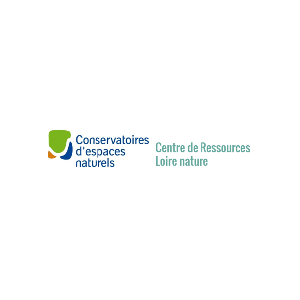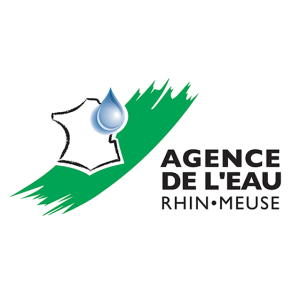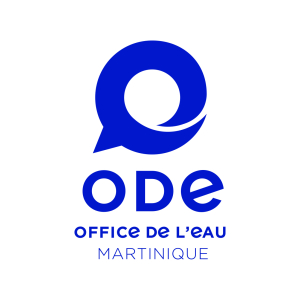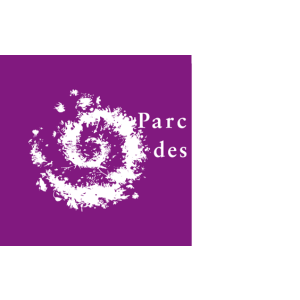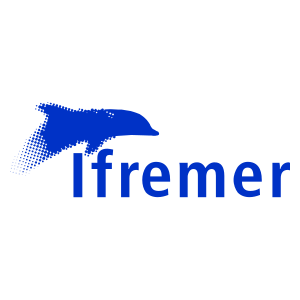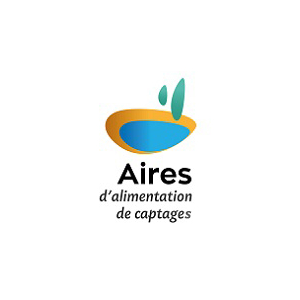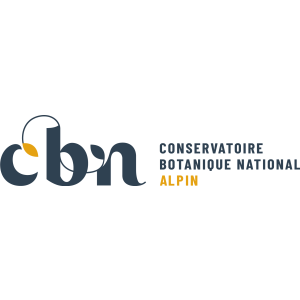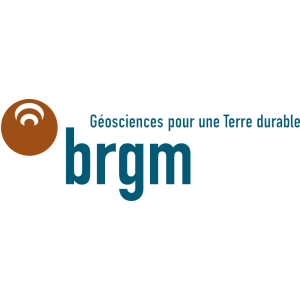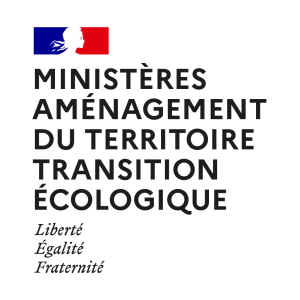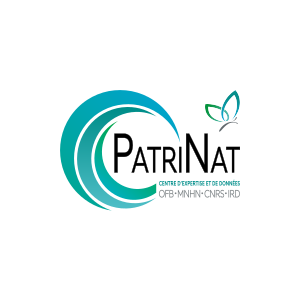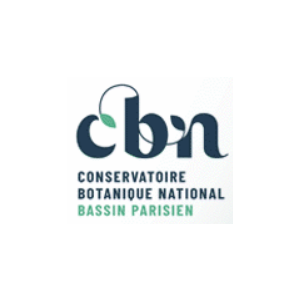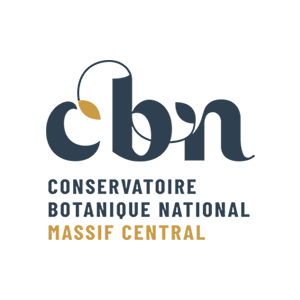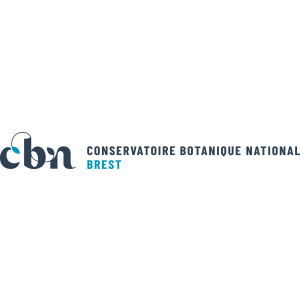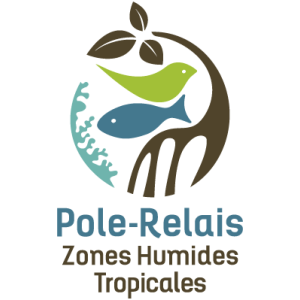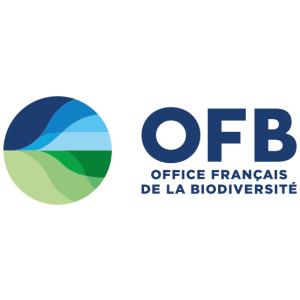
Document généré le 22/11/2025 depuis l'adresse: https://www.documentation.eauetbiodiversite.fr/fr/notice/les-variations-de-la-fecondite-de-la-coquille-saint-jacques-de-la-rade-de-brest-en-ecloserie-au-cours-du-cycle-annuel
Les variations de la fécondité de la coquille Saint-Jacques de la Rade de Brest en écloserie au cours du cycle annuel
Titre alternatif
Producteur
Contributeur(s)
Contribution n° 24 Réunion "Déterminisme du recrutement". ISTPM, Nantes, 2-4 juillet 1984
Identifiant documentaire
9-6537
Identifiant OAI
oai:archimer.ifremer.fr:6537
Auteur(s):
Cochard, Jean-claude
Mots clés
Ecloserie
Production naissain
Fécondité
Pecten maximus
Coquille Saint Jacques
Ponte
Date de publication
02/07/1984
Date de création
Date de modification
Date d'acceptation du document
Date de dépôt légal
Langue
fre
Thème
Type de ressource
Source
Droits de réutilisation
info:eu-repo/semantics/openAccess
Région
Département
Commune
Description
Among the different biological factors which can have an impact on the recruitment of the king scallop, the relationship between the number of produced oocytes and the number of obtained larvae can be tackled from an experimental point of view. In the framework of the repopulation program of the roadsted of Brest (king scallop pluri-annual program), the hatchery spat production trials (Buestel et al., 1982) enabled the monitoring of the variations of the real fertility of Pecten maximus over a year cycle. The natural egg-laying period in the roadsted of Brest spreads from June through to September, but egg-laying can also be triggered artificially all year long. The results obtained during production trials in 1982-1983 and the action of low temperatures are described.
Accès aux documents
0
Consultations
0
Téléchargements
